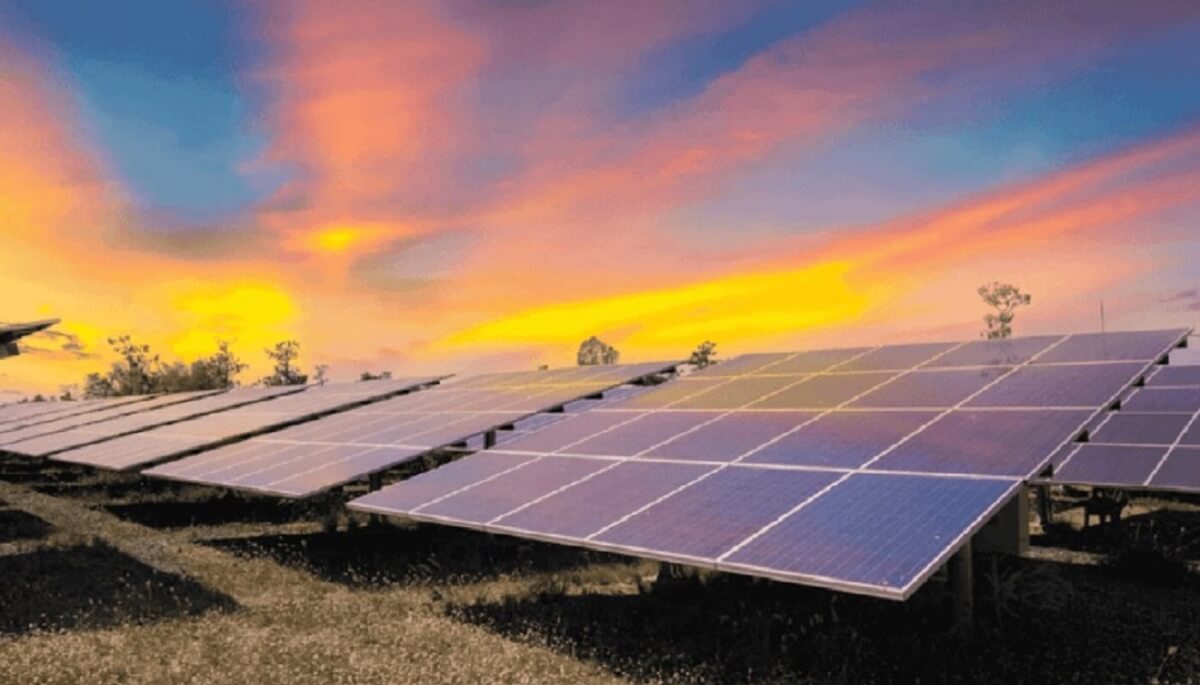Solar energy is considered a cost-efficient option for American households. Residential solar can help manage your monthly energy bill by reducing reliance on your utility company. A reliable solar company may recommend pairing your solar power system with battery storage to maximize your solar benefits. Here are some reasons batteries may be used in solar systems:
Batteries in Solar Power Systems
Batteries are a beneficial component of solar power systems, as they store the surplus energy that solar panels generate. It’s normal for solar panels to generate excess energy in the middle of the day when the rays are the most direct. This system pushes the excess energy into solar batteries, allowing you to power your home through solar at night or during bad weather. Without battery storage, your system can use the local grid as storage and place the surplus energy there. This may cause you to rely on the grid to power your home when the sun is down. Without batteries, you’d still incur costs from being connected to your energy grid.
Read Also: Power Outage Panic: A Guide to Finding Reliable Emergency Electricians
Battery storage allows you to be as self-reliant on solar power as you wish. Your batteries can store excess energy during off-peak hours and power your home during peak hours. Off-peak hours are during the day for many households as people are usually working. Peak hours are times when you consume electricity the most.
In many households, this is in the evening, as most lights and power-intensive appliances like dishwashers are turned on later in the day. Batteries also provide power during blackouts. This is beneficial for people living in areas with unstable grids who don’t want to deal with frequent power outages.
How Solar Power Is Connected to Batteries
Your system may be either alternating current (AC)-coupled or direct current (DC)-coupled. Coupling refers to how solar panels link to battery storage. The main difference between AC and DC coupling lies in the usability of the power generated by solar panels. Solar panels convert sunlight into DC power. Your home can only use AC power. This means your system must convert the DC power into AC power for your home to run on solar energy.
DC-Coupled Storage
With DC-coupled storage, the DC power generated by solar panels goes directly into a solar battery, where it’s stored in its DC form. When your home requires energy, the DC power moves from the battery to an inverter. In the inverter, it’s converted into AC energy, which powers your appliances. This form of coupling is efficient. Power only needs to be converted to AC form when your home requires it. DC-coupled storage installation should only be handled by an experienced solar company for optimal results, as the process can be complex.
AC-Coupled Storage
There are more power conversions with AC-coupled storage than with DC-coupled storage. With AC coupling, the DC power produced by solar panels can immediately pass through an inverter for conversion into AC energy the home can use. Surplus energy may be directed to another inverter, where it’s converted back to DC energy before being transferred to your storage batteries for later use. The DC power then flows through another inverter for conversion into AC power when your home needs the energy stored in your batteries.
AC-coupled batteries can be popular as they can charge from solar panels and the grid. You can rely on the grid if your home consumes more power than your panels generate. AC-coupled batteries are also easy to retrofit. Your solar company can add them to an existing solar power system if you need to expand your storage.
Work With a Solar Company
Batteries are beneficial in solar power systems, as they store energy for future use. Work with your solar company when choosing batteries for your system to improve your chances of selecting long-lasting and high-quality power options. A reliable company will likely assess your home’s needs before recommending batteries. Contact a solar company if you have any questions regarding your home’s compatibility with solar power.
